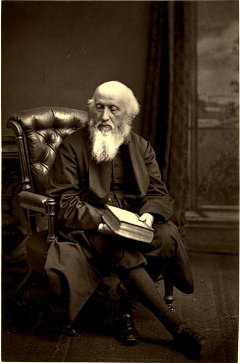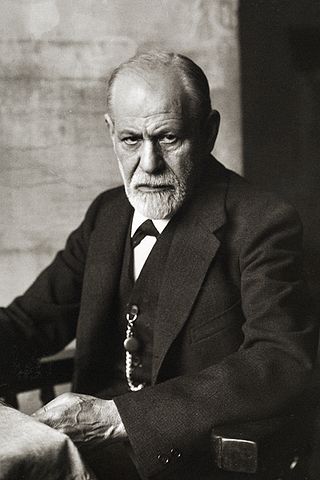“A Tryst,” a sadly prophetic poem by Celia Thaxter, from the Atlantic Monthly, August 1872:
From out the desolation of the North
An iceberg took its way,
From its detaining comrades breaking forth,
And travelling night and day.
At whose command? Who bade it sail the deep
With that resistless force?
Who made the dread appointment it must keep?
Who traced its awful course?
To the warm airs that stir in the sweet South
A good ship spread her sails;
Stately she passed beyond the harbor’s mouth,
Chased by the favoring gales.
And on her ample decks a happy crowd
Bade the fair land good by;
Clear shone the day, with not a single cloud
In all the peaceful sky.
Brave men, sweet women, little children bright,
For all these she made room,
And with her freight of beauty and delight
She went to meet her doom.
Storms buffeted the iceberg, spray was swept
Across its loftiest height;
Guided alike by storm and calm it kept
Its fatal path aright.
Then warmer waves gnawed at its crumbling base
As if in piteous plea,
The ardent sun sent slow tears down its face,
Soft flowing to the sea.
Dawn kissed it with her tender rose-tints, eve
Bathed it in violet;
The wistful color o’er it seemed to grieve
With a divine regret.
Whether day clad its clefts in rainbows dim
And shadowy as a dream,
Or night through lonely spaces saw it swim
White in the moonlight’s gleam,
Ever Death rode upon its solemn heights,
Ever his watch he kept;
Cold at its heart through changing days and nights
Its changeless purpose slept.
And where afar a smiling coast it passed
Straightway the air grew chill,
Dwellers thereon perceived a bitter blast,
A vague report of ill.
Like some imperial creature, moving slow
Meanwhile, with matchless grace,
The stately ship, unconscious of her foe,
Drew near the trysting-place.
For still the prosperous breezes followed her,
And half the voyage was o’er;
In many a breast glad thoughts began to stir
Of lands that lay before:
And human hearts with longing love were dumb
That soon should cease to beat,
Thrilled with the hope of meetings soon to come,
And lost in memories sweet.
Was not the weltering waste of water wide
Enough for both to sail?
What drew the two together o’er the tide,
Fair ship and iceberg pale?
There came a night with neither moon nor star,
Clouds draped the sky in black;
With straining canvas reefed at every spar,
And weird fire in her track,
The ship swept on, a wild wind gathering fast
Drove her at utmost speed;
Bravely she bent before the fitful blast
That shook her like a reed.
O helmsman, turn thy wheel! Will no surmise
Cleave through the midnight drear?
No warning of the horrible surprise
Reach thine unconscious ear?
She rushed upon her ruin; not a flash
Broke up the waiting dark:
Dully through wind and sea one awful crash
Sounded, with none to mark.
Scarcely her crew had time to clutch despair,
So swift the work was done;
Ere their pale lips could frame a speechless prayer
They perished, every one!



